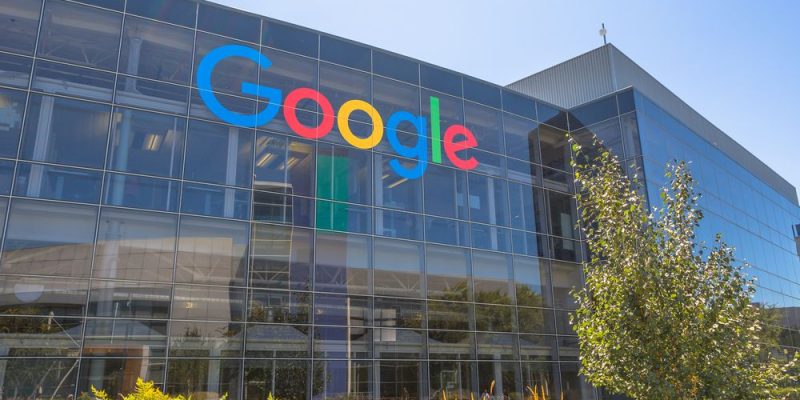
Google DeepMind: Consolidating AI Research Labs
Google has recently announced the consolidation of its two AI research labs, Google Brain and DeepMind, into a new unit named Google DeepMind. This move is aimed at spearheading groundbreaking AI products and advancements while maintaining ethical standards, positioning the company to compete with OpenAI. By combining all the talent into one focused team backed by the computational resources of Google, the progress in AI will significantly accelerate.
In this article, we will discuss the creation of Google DeepMind, the research accomplishments of Google Brain and DeepMind, and what this new unit will look like for teams and individuals. We will also discuss the future direction of AI research at the company and how this partnership underscores the commitment of Google and parent company Alphabet to furthering pioneering research.
DeepMind’s Prominent Role in the AI Industry
DeepMind has assumed a more prominent role within Alphabet as the tech giant strives to maintain its edge in the highly competitive AI industry, fending off stiff competition from rivals like Microsoft and OpenAI. According to a recent report by the Information, Google Brain software engineers are working in tandem with DeepMind experts to develop Gemini, generative AI software aimed at rivaling OpenAI.
The creation of Google DeepMind will bring together world-class talent in AI with the computing power, infrastructure, and resources to create the next generation of AI breakthroughs and products boldly and responsibly. The research accomplishments of Google Brain and DeepMind have formed the bedrock of the current AI industry, ranging from deep reinforcement learning to transformers. The newly consolidated unit will build upon this foundation to create the next generation of groundbreaking AI products and advancements that will shape the world.
Google’s Acquisition of DeepMind and Innovations Over the Past Decade
Google’s acquisition of DeepMind for $500 million in 2014 has paved the way for a fruitful collaboration between the two entities. Over the years, they have jointly developed several groundbreaking innovations, including AlphaGo, which triumphed over professional human Go players, and AlphaFold, an exceptional tool that accurately predicts protein structures.
Over the past decade, other noteworthy achievements include word2vec, WaveNet, sequence-to-sequence models, distillation, deep reinforcement learning, and distributed systems and software frameworks like TensorFlow and JAX. These cutting-edge tools have proven highly effective for expressing, training and deploying large-scale ML models.
Future Direction of AI Research at Google
Google stated that an upcoming town hall meeting would clarify what this new unit will look like for teams and individuals, and that the composition of the new scientific board for Google DeepMind will be finalized in the coming days. The company said Google DeepMind would work closely with other Google product areas to deliver AI research and products.
The unit will be helmed by Koray Kavukcuoglu, VP of research at DeepMind, and will be supervised by a new scientific board. Jeff Dean will take on the elevated role of Google’s chief scientist, reporting to Pichai. In his new capacity, Dean will serve as chief scientist to both Google Research and Google DeepMind. He has been tasked with setting the future direction of AI research at the company, as well as heading up the most critical and strategic technical projects related to AI, including a series of powerful multimodal AI models.
As part of the reorganization, Eli Collins, VP of product at Google Research, will join as VP of product, while Zoubin Ghahramani, the lead of Google Brain, will serve as a member of the Google DeepMind research leadership team. This partnership underscores the commitment of Google and parent company Alphabet to furthering the pioneering research of both DeepMind and Google Brain.
Conclusion
Google’s consolidation of AI research labs is a significant move towards maintaining its edge in the highly competitive AI industry and competing with OpenAI. With the creation of Google DeepMind, the company can combine the talent, infrastructure, and resources necessary to create groundbreaking AI products and advancements that will shape the world while maintaining ethical standards.
The partnership between Google and DeepMind has yielded several remarkable innovations over the past decade, and the newly consolidated unit will build upon this foundation to create the next generation of AI breakthroughs. Jeff Dean’s elevation to Google’s chief scientist underscores the company’s commitment to AI research, and his leadership will undoubtedly steer the direction of AI research in the future.
In conclusion, the consolidation of AI research labs into Google DeepMind is a significant step towards advancing AI research and development while maintaining ethical standards. With the combined talent, infrastructure, and resources, Google is poised to compete with OpenAI and stay at the forefront of the AI industry.






















